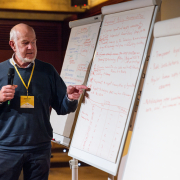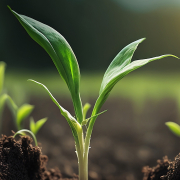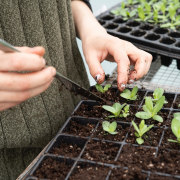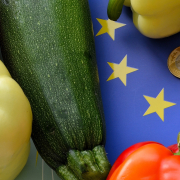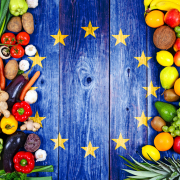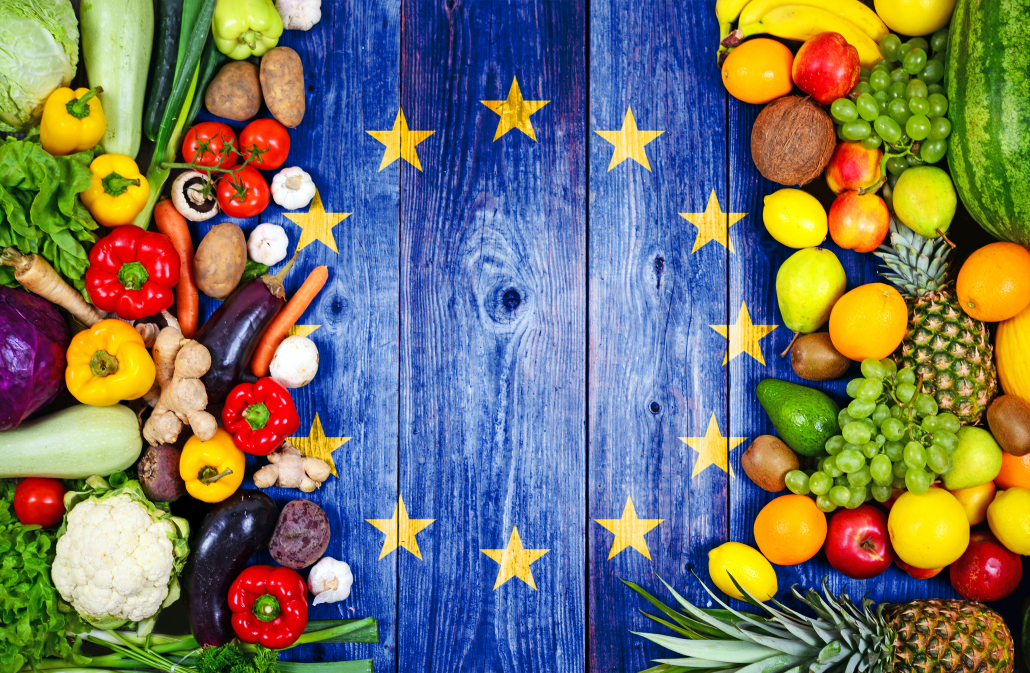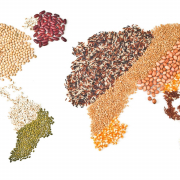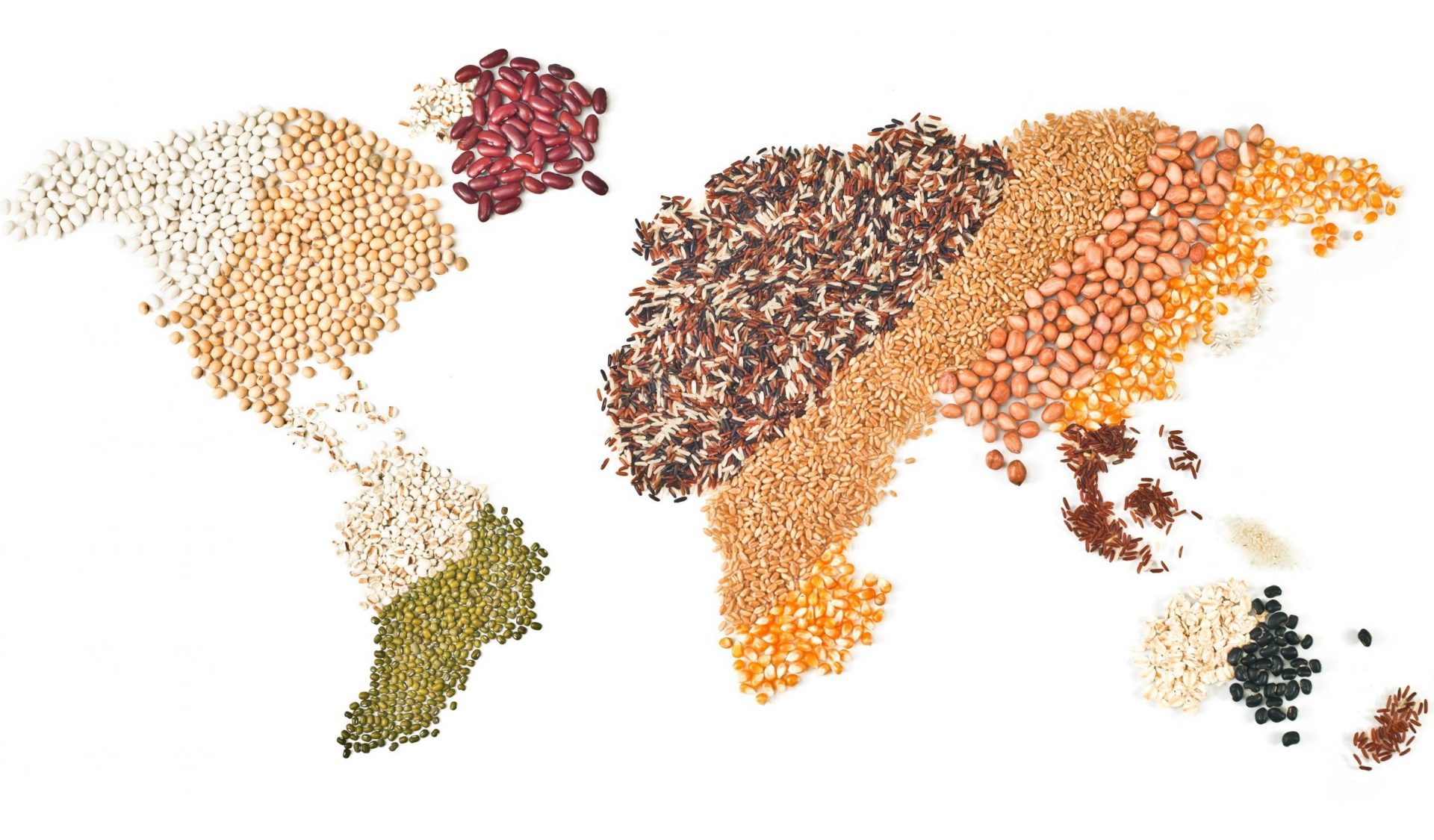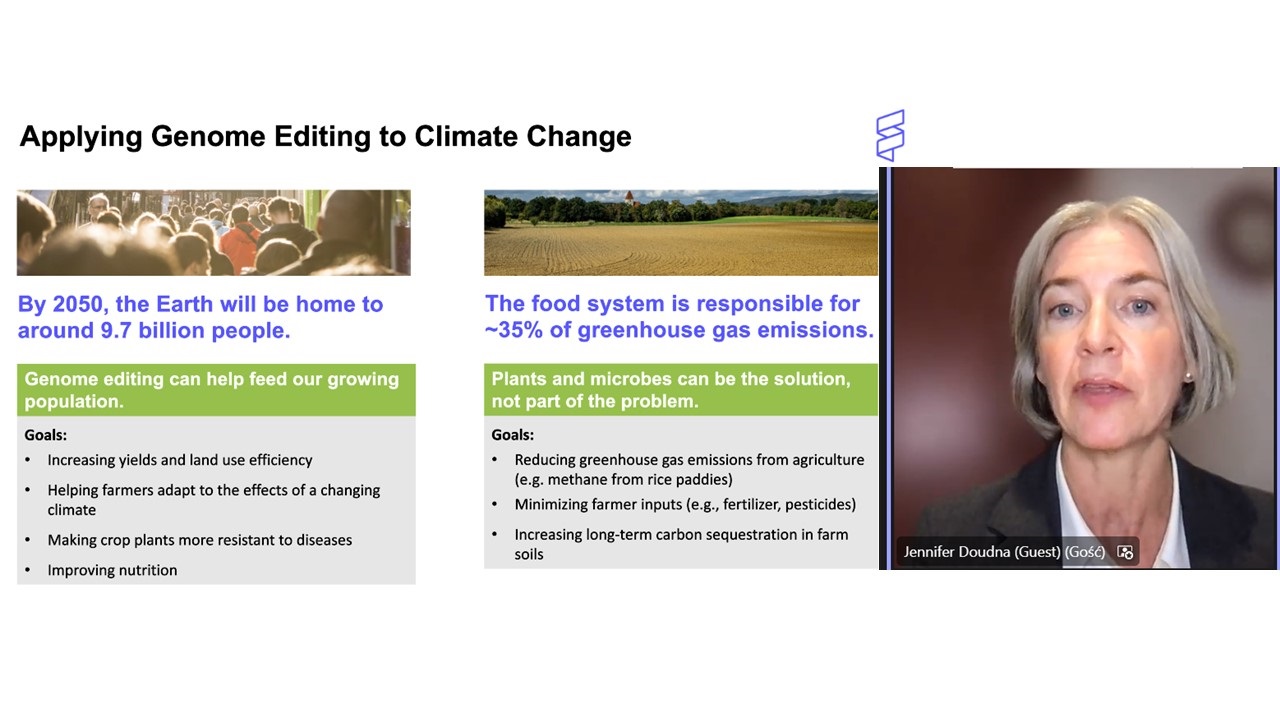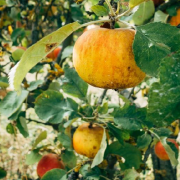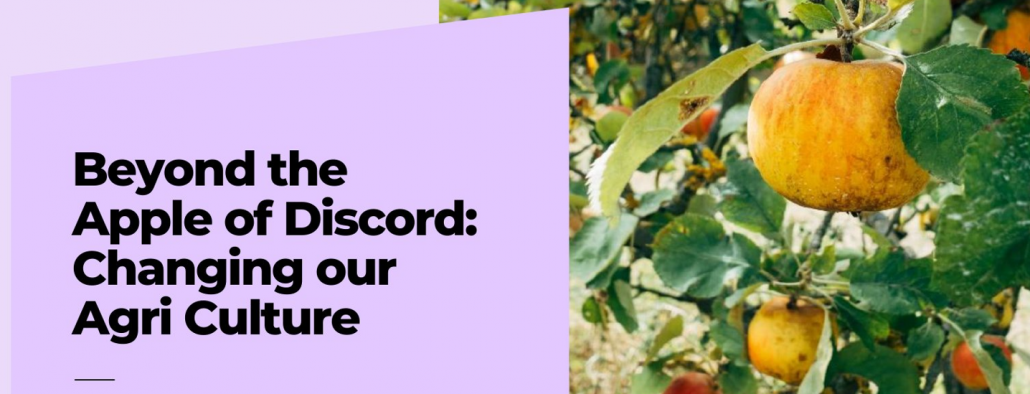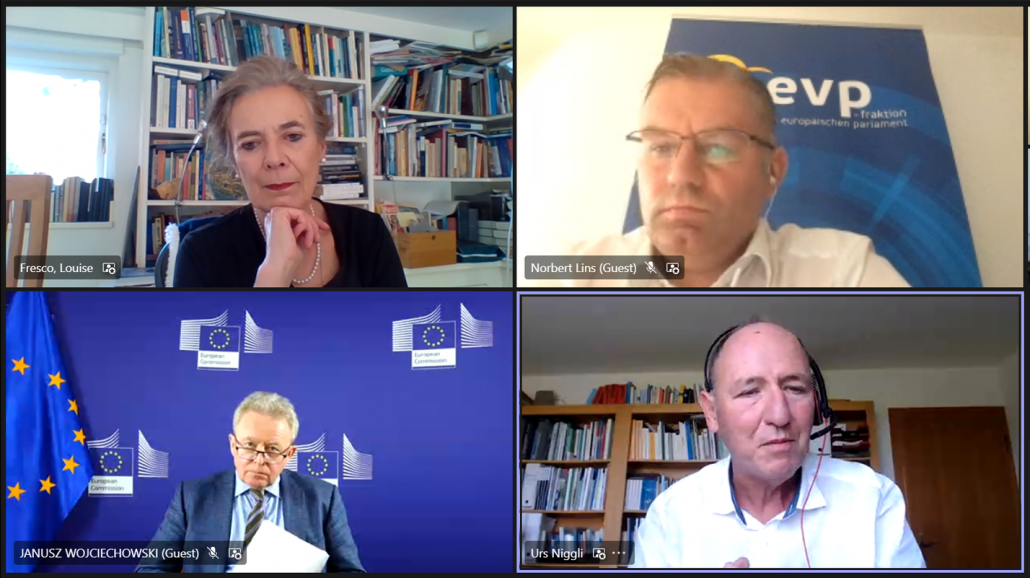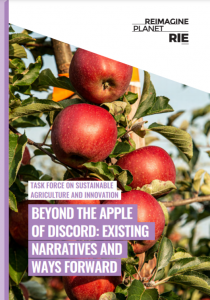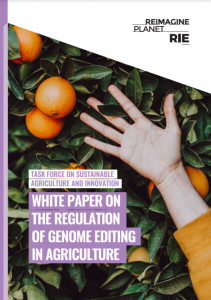Intellectual Property and New Genomic Techniques: Webinar Highlights
Exploring the intricate domain of Intellectual Property (IP) regulations and their impact on crop breeding in Europe, the webinar ‘Impact of the IP System on New Genomic Techniques’ ignited engaging discussions among participants on 6 March 2024.
At the heart of the webinar was the presentation of the recent ALLEA statement ‘Measures to Ease the Impact of the IP System on New Genomic Techniques for Crop Development‘. This publication outlines potential measures aimed at alleviating the challenges imposed by the prevailing IP system on NGTs. Following this presentation, two stimulating impulses further enriched the discussion, paving the way for an engaging exchange of ideas subsequently. The recording of the statement’s introduction, as well as the two impulses, is available below.
The webinar served as a forum for an inclusive exchange of perspectives, with stakeholders from diverse sectors —including breeders, farmers, researchers, and policymakers— actively engaging in the dialogue.
The participants explored the practicalities and possible consequences of implementing the diverse measures outlined in the ALLEA Statement, aiming to strike a balance between fostering innovation and ensuring equitable access to these technologies and their products. Various voluntary and legislative solutions were evaluated within the broader context of patent systems in place in other parts of the world and compared to the experiences gained in other fields of technology.
Highlighting the importance of a nuanced approach, participants underscored the necessity of first conducting more thorough analyses regarding the possible positive and negative impacts of potential measures, especially also in the light of ongoing European endeavours to develop a new regulatory framework for NGTs.


